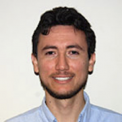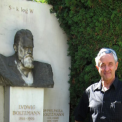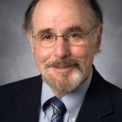Superconductivity and topological order are two of the fundamental pillars that support our understanding of phases of matter. The intersection of these two areas, topological superconductivity, is a fertile ground for scientific discoveries. In particular, topological superconductors have the important property of hosting non-Abelian states, the simplest example of which are Majorana fermion zero modes localized on the core of superconducting vortices. Non-Abelian states have attracted much attention as potential building blocks for fault-tolerant quantum computation and, consequently, much intellectual activity has been focused on understanding novel mechanisms to realize non-Abelian states. This colloquium will discuss two scenarios for the realization of non-Abelian quasiparticles beyond localized Majorana zero modes. First, I will describe how the interplay of topological order and superconductivity can lead to the realization of parafermions on interfaces and heterostructures formed by fractional quantum Hall states and superconductors. Parafermions realize a protected ground state degeneracy, in which rotations of the degenerate quantum states are realized by swapping pairs of parafermions. Second, I will introduce the concept of a pair-density wave in even denominator paired quantum Hall systems as a state where the pairing order parameter breaks rotation symmetry. Remarkably, in this setting, the pairing function has domain walls that give rise to a Fermi sea of delocalized Majorana fermions, which is an example of a symmetry protected gapless state. Along the way, I will discuss connections of this pair-density wave theory with recent experiments in nematic fractional quantum Hall states.
- Phys. Rev. X 9, 021047 (2019)
- Phys. Rev. Lett. 118, 136801 (2017)
- arXiv: 1906.07188 to appear in Phys. Rev. Research




